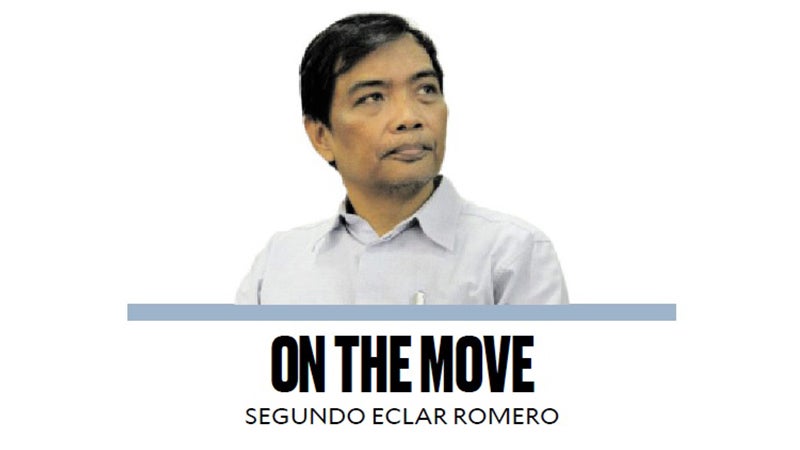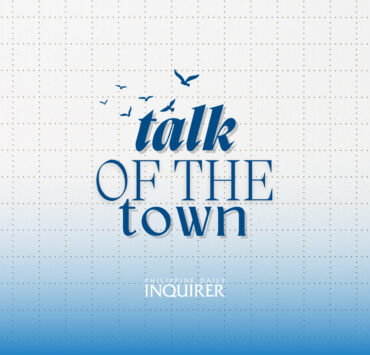Lessons from ‘My Penguin Friend’

Last week, I traveled to Japan with a hardcover copy of Edward de Bono’s Letters to Thinkers: Further Thoughts on Lateral Thinking. Yet, it wasn’t this intriguing book that captivated my attention during the flight back from Osaka to Manila. Instead, it was a seemingly simple PG-rated movie, ”My Penguin Friend,” amidst an array of other enticing options—from Korean dramas to Hollywood classics. Despite initial skepticism, the movie moved me deeply, even causing me to shed a few tears openly.
The film opens with breathtaking scenes of nature: thousands of penguins lining the beach, their synchronized movements mesmerizing as they prepare for an extraordinary journey. Triggered by an unseen cue, these penguins dive into the ocean, embarking on their annual migration from Ilha Grande, Brazil, to Patagonia, Argentina. This awe-inspiring spectacle sets the tone for a story that transcends species and highlights themes of loyalty, gratitude, and resilience.
The narrative pivots to a singular penguin who becomes ensnared in an oil spill. Immobilized and near death, the penguin is rescued by a kindhearted Brazilian fisherman, Joao Pereira de Souza. Joao painstakingly cleans the penguin’s feathers and nurses him back to health, forming an unexpected bond that transforms his life. Joao, long burdened by decades of loneliness and grief, finds solace and purpose in caring for the penguin, whom a neighborhood girl names Dindim. Initially a point of contention between Joao and his wife, Dindim’s presence soon becomes a source of joy and healing.
After his recovery, Dindim is released to an offshore island, but he surprises everyone by returning to Joao the very next day. This pattern repeats, with Dindim refusing to leave Joao’s side and even accompanying him around the fishing village, much to the amusement of its residents. Eventually, Dindim rejoins his penguin colony, leaving Joao heartbroken. Yet, to Joao’s astonishment, Dindim returns the following year, walking through the yard as if he had never left. This annual reunion continues for eight years, captivating the village and, later, the world as their story goes viral on social media.
The heart of the film lies in the bond between Joao and Dindim—a bond that defies logic and redefines what friendship can mean. When reporters ask Joao if Dindim is his pet, he replies, “He is not a pet, he is my friend.” The story also delves into the broader implications of their relationship, exploring themes of interconnectedness and the impact of human actions on wildlife. The penguins’ remarkable migration, spanning thousands of miles, serves as a metaphor for resilience and the delicate balance of our planet’s ecosystems.
The movie doesn’t shy away from portraying the dual nature of humanity’s influence. While Joao’s actions exemplify compassion, the oil spill that nearly claims Dindim’s life underscores the environmental challenges facing both humans and animals. The film also subtly critiques the role of science, illustrating both its potential for good and its capacity to inadvertently harm when detached from ethical considerations.
The visual storytelling is another highlight, with stunning cinematography capturing the beauty of land, sea, and underwater worlds. The penguin’s realistic portrayal—likely the result of expert animal training rather than AI—adds authenticity to the narrative. However, the true power of the film lies in its basis on real events. At the movie’s conclusion, viewers are treated to a photograph of the real Joao and Dindim, grounding the story in reality and amplifying its emotional impact.
The story concludes poignantly: one year later, Dindim stops returning. Joao’s quiet acceptance mirrors the universal experience of loss and the enduring hope that accompanies love. In interviews, Joao expresses how much he misses Dindim, calling out to him and waiting with sardines in hand, a testament to their unbreakable bond. Their story is reminiscent of Hachiko, the loyal dog who awaited his owner’s return, but in reverse—this time, it is the human who longs for the return of his animal friend. Perhaps one day, a statue of Joao looking out to sea will commemorate this extraordinary friendship.
—————-
doyromero@gmail.com


















